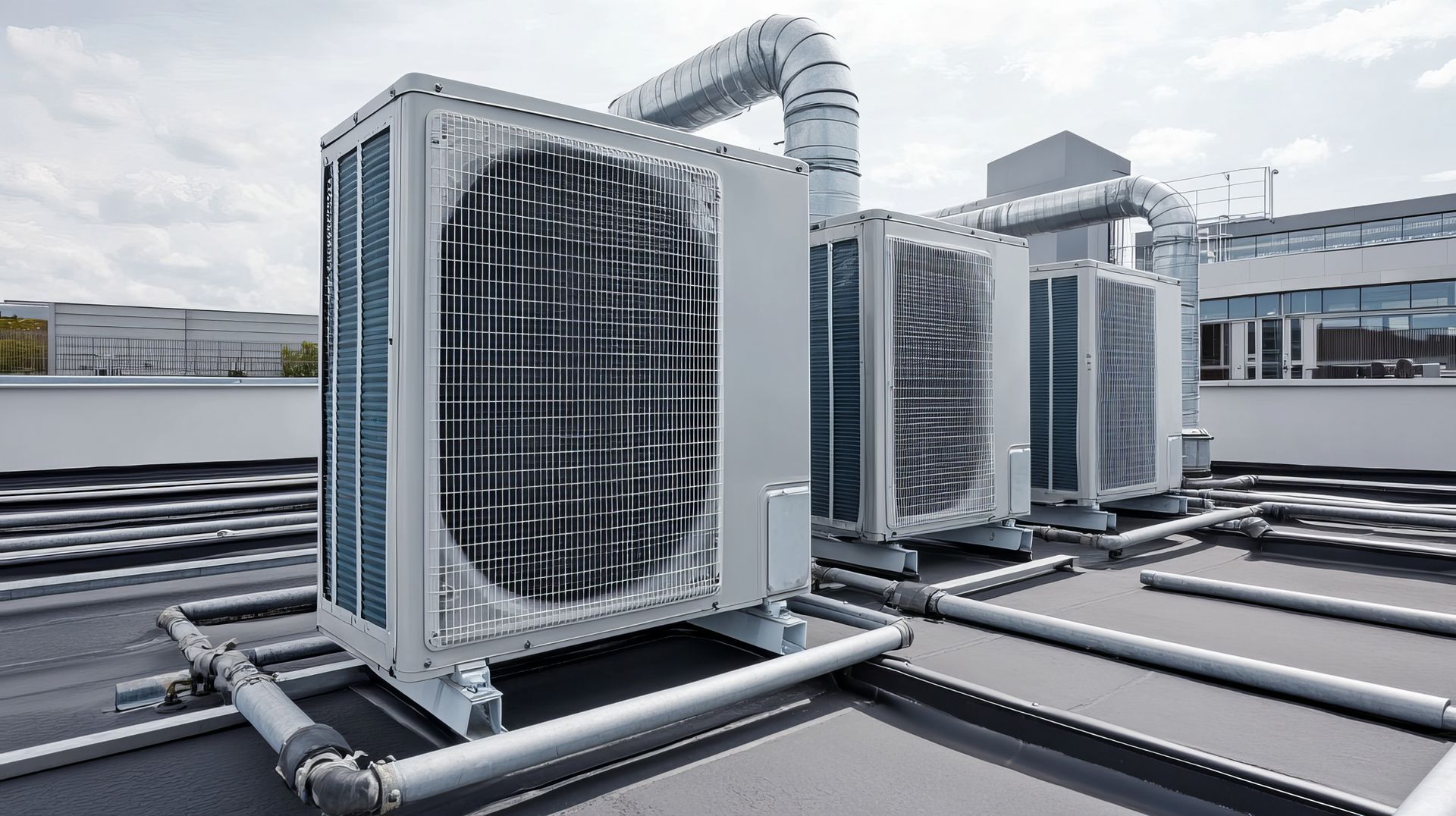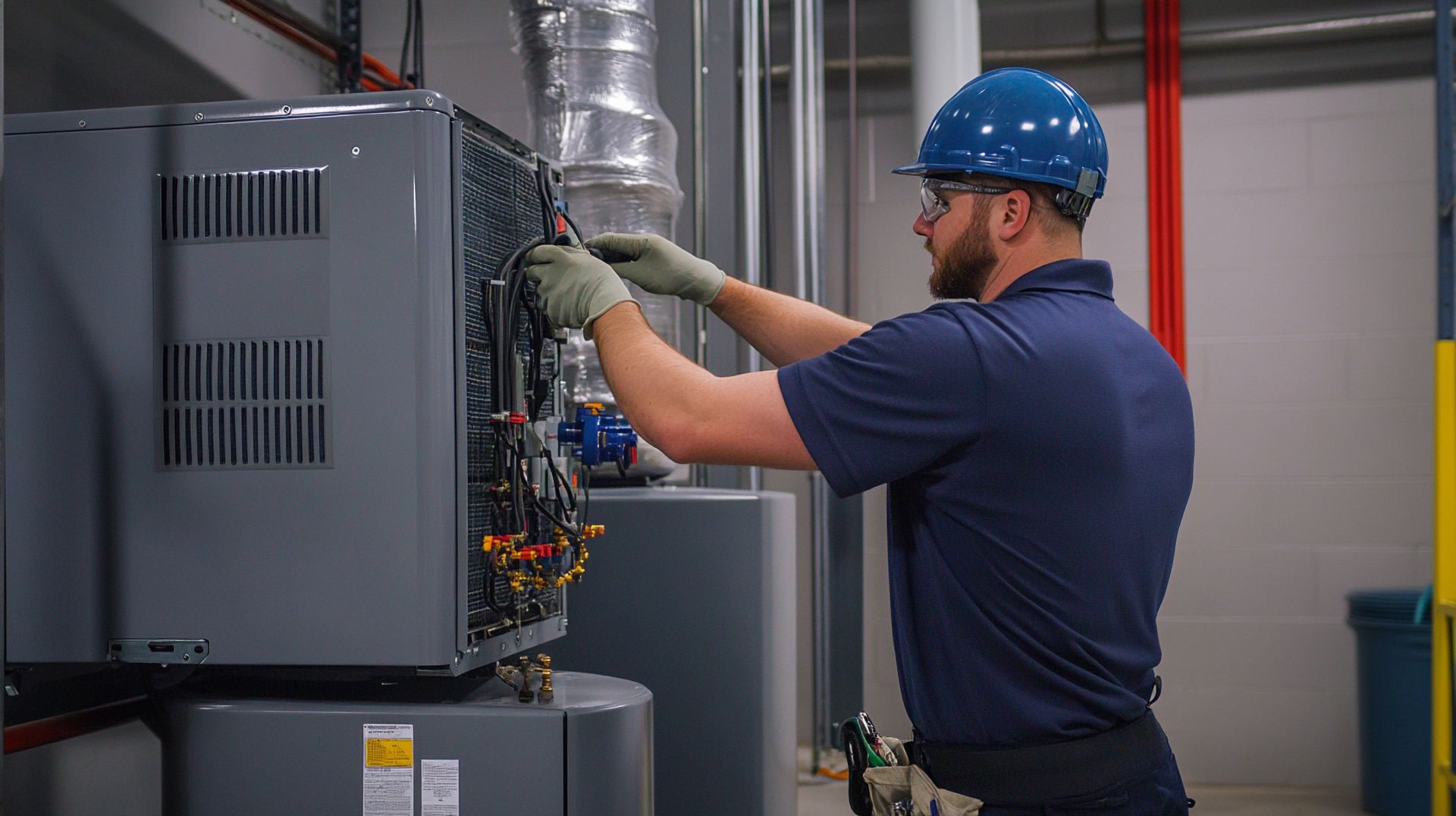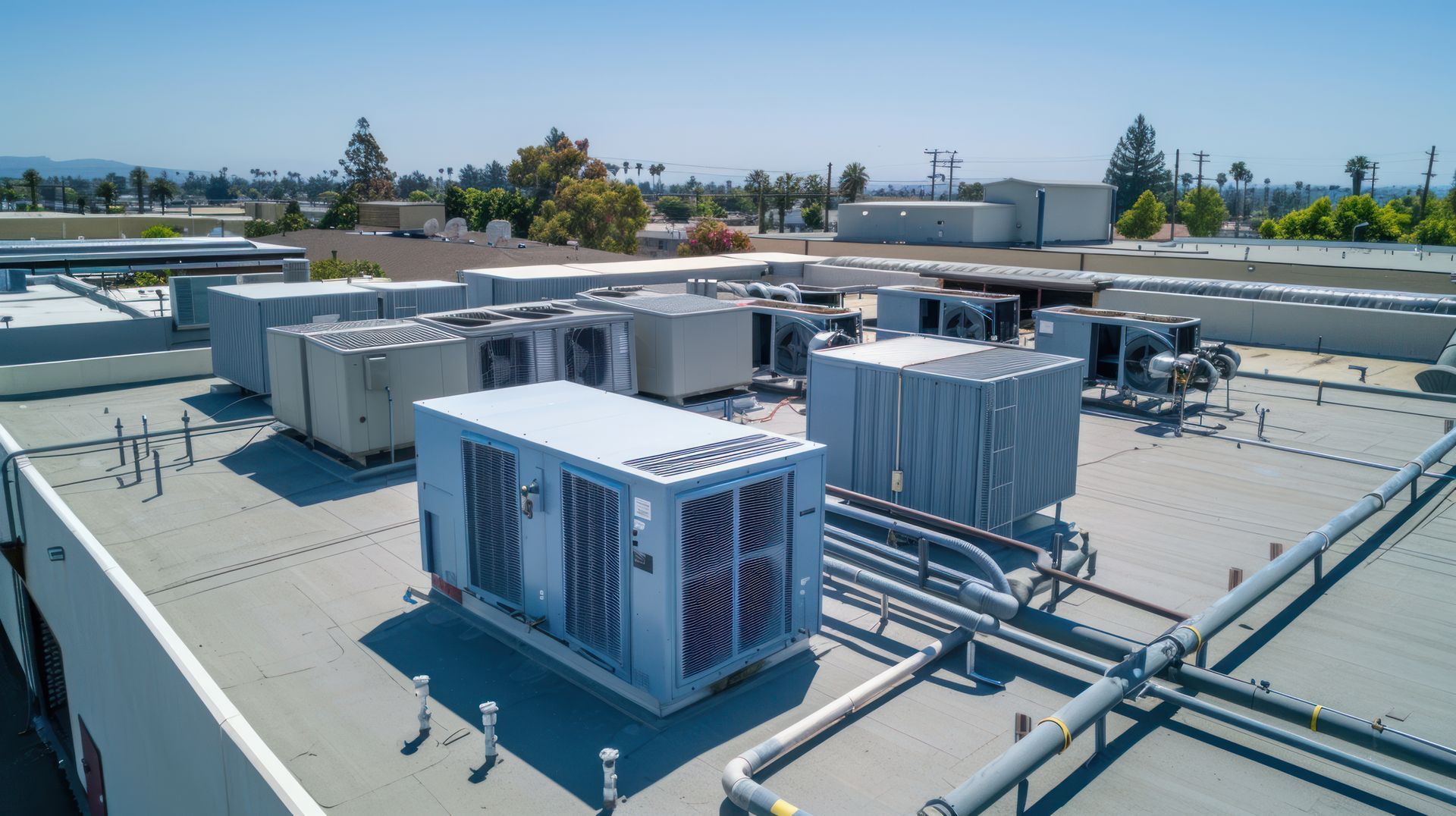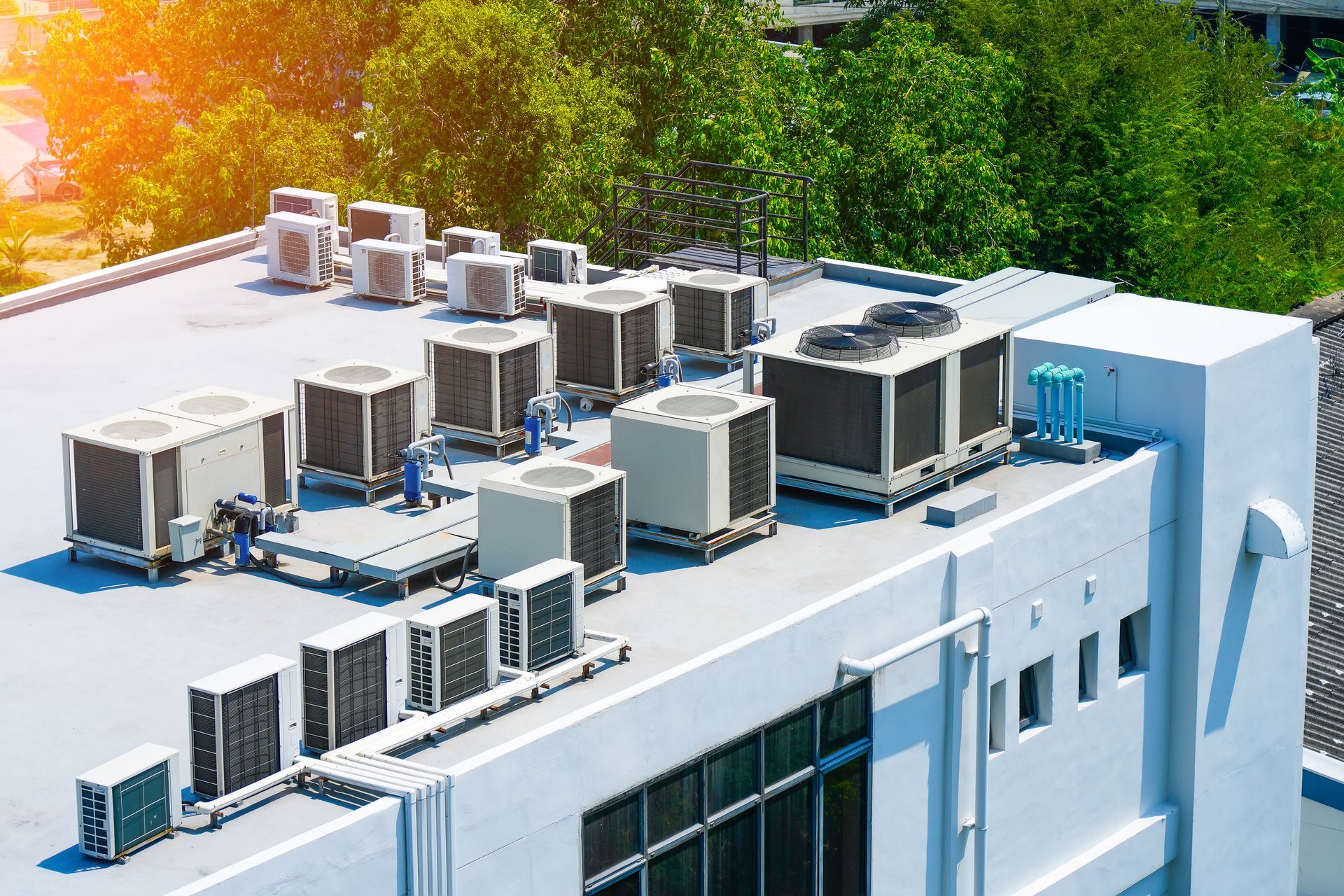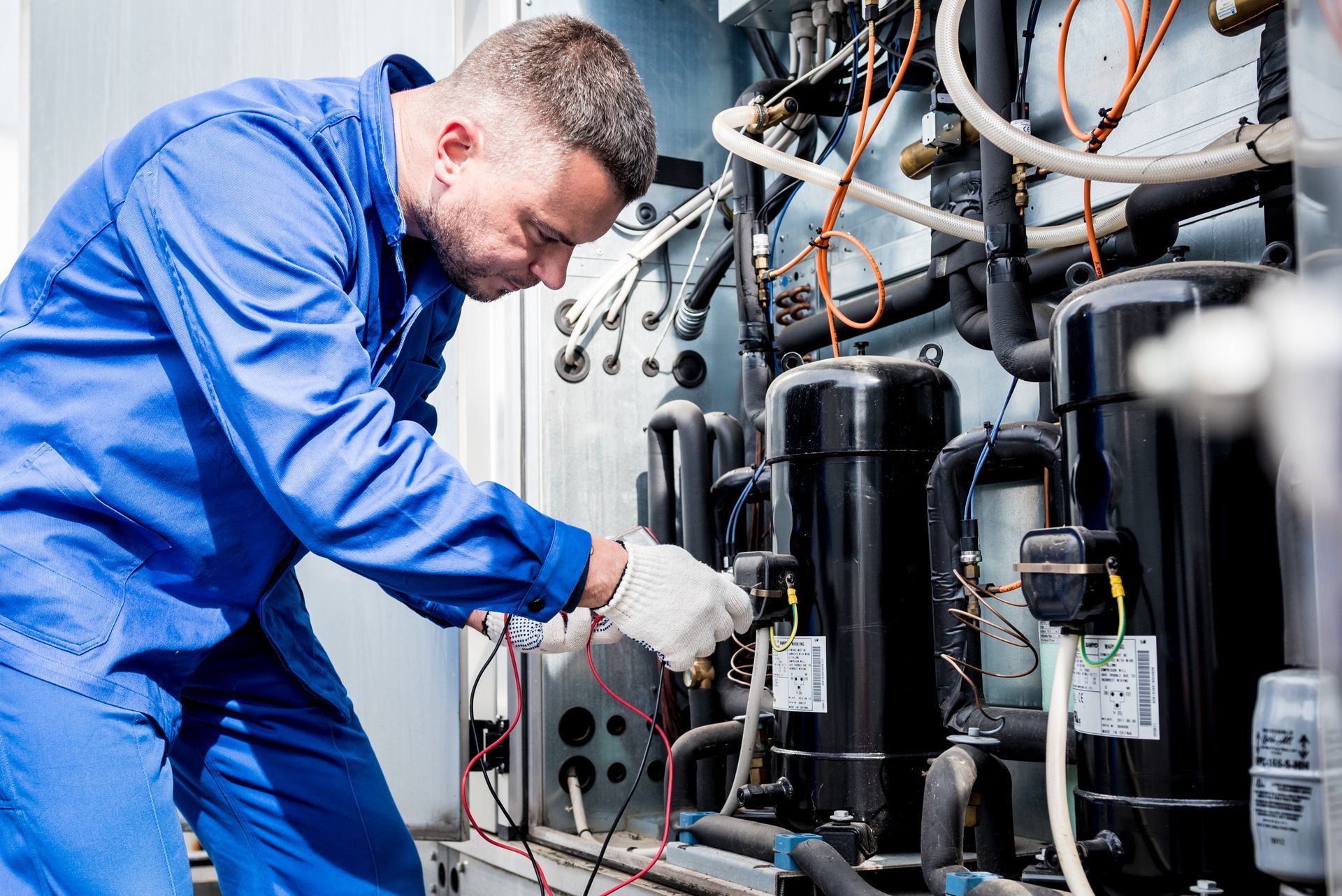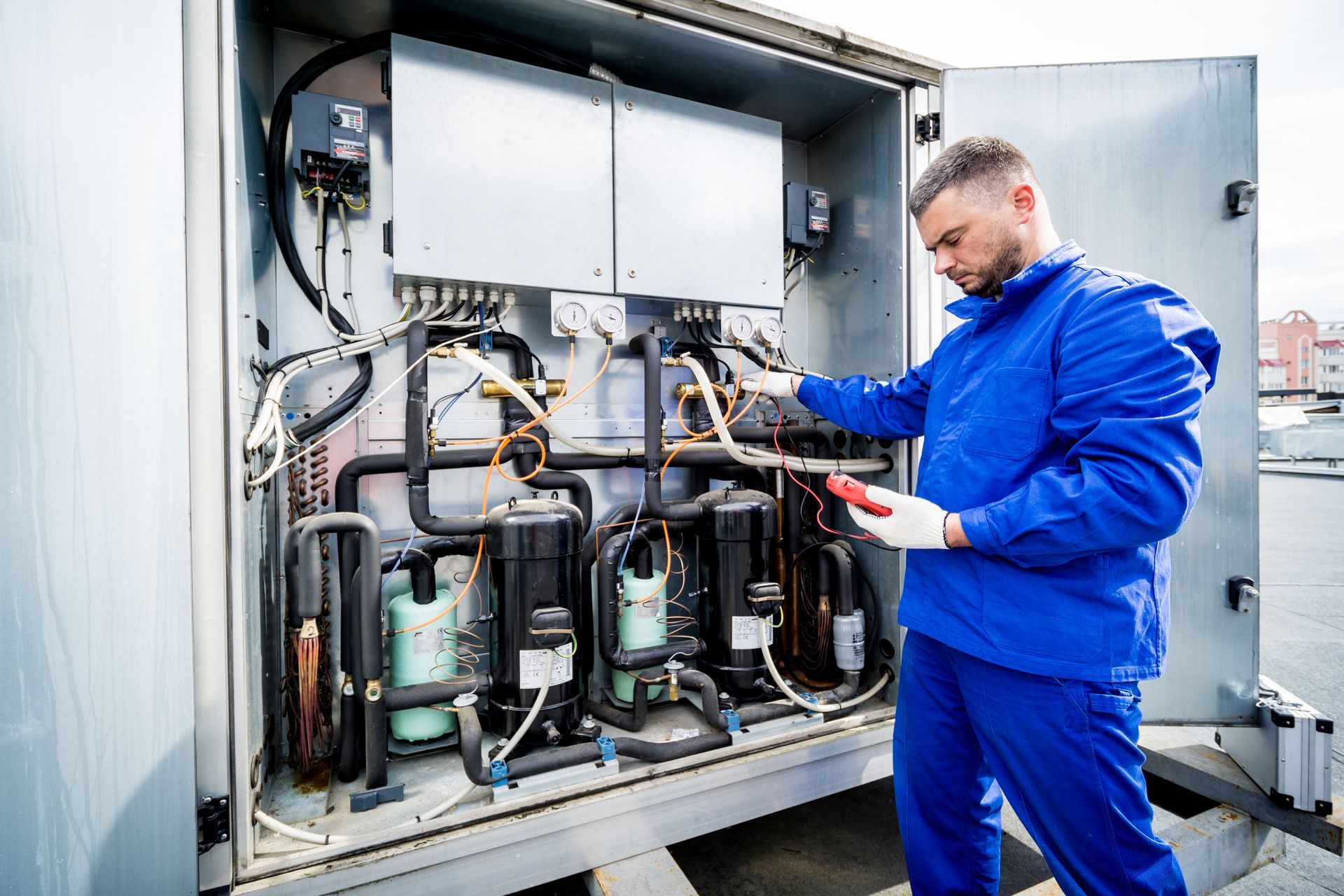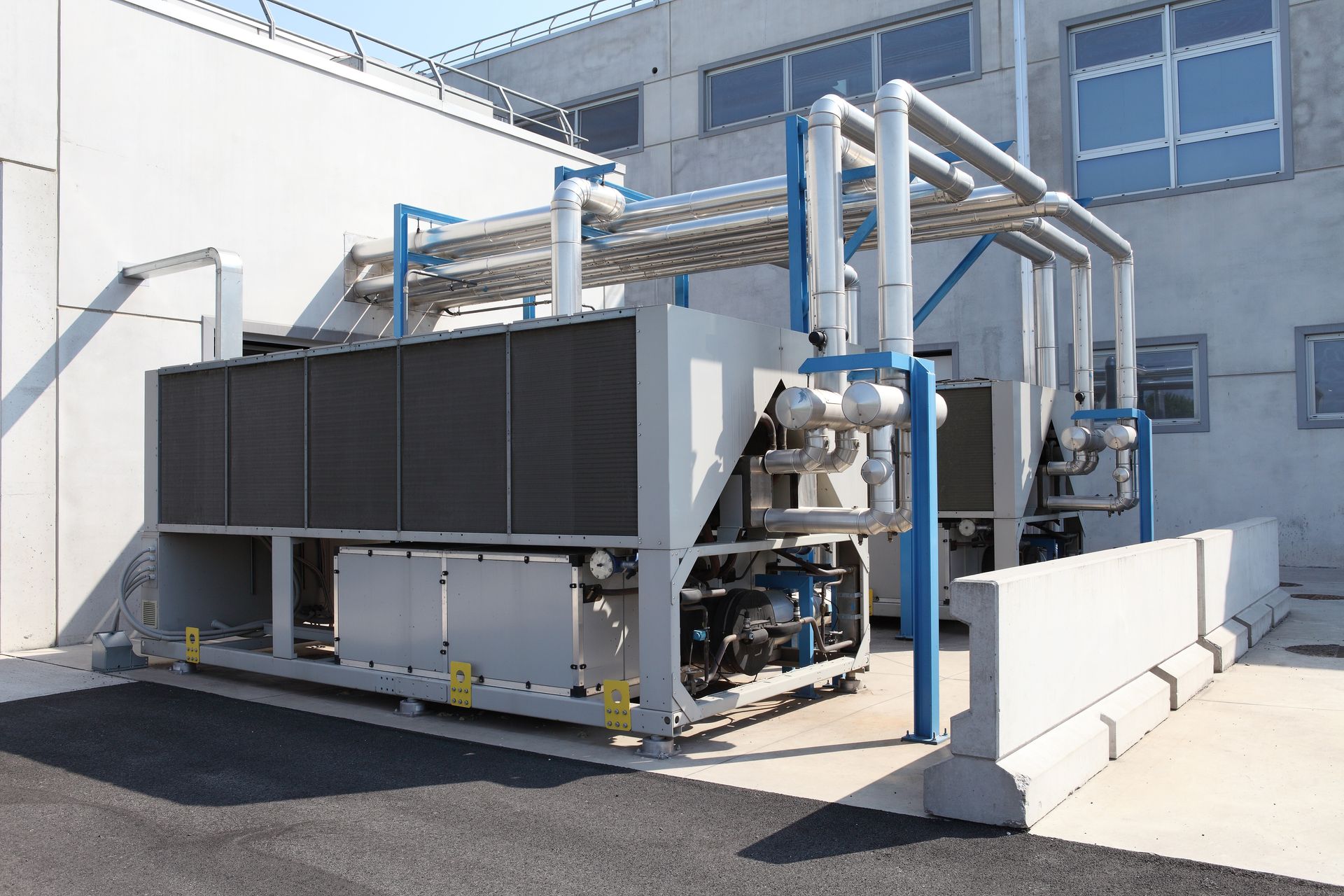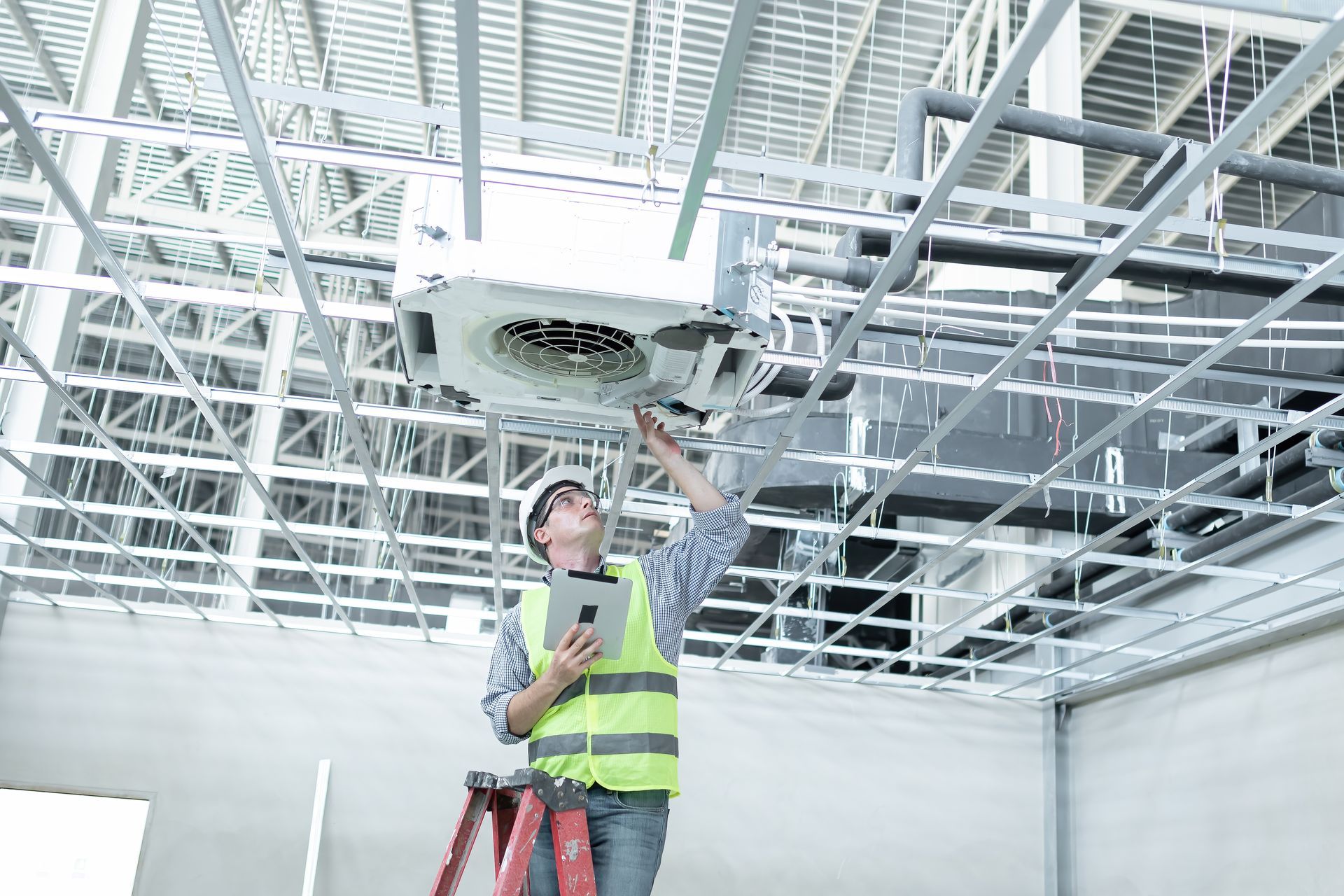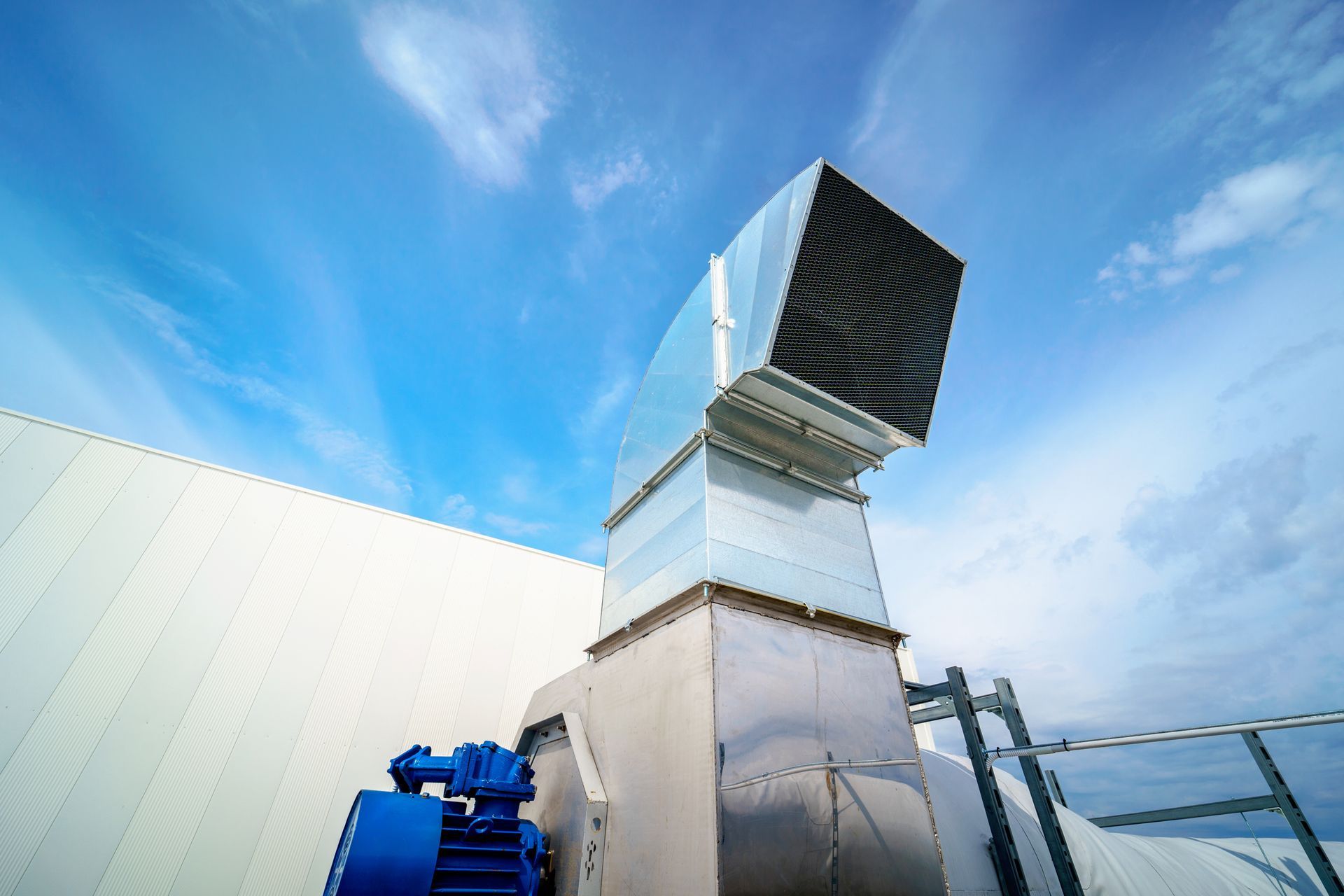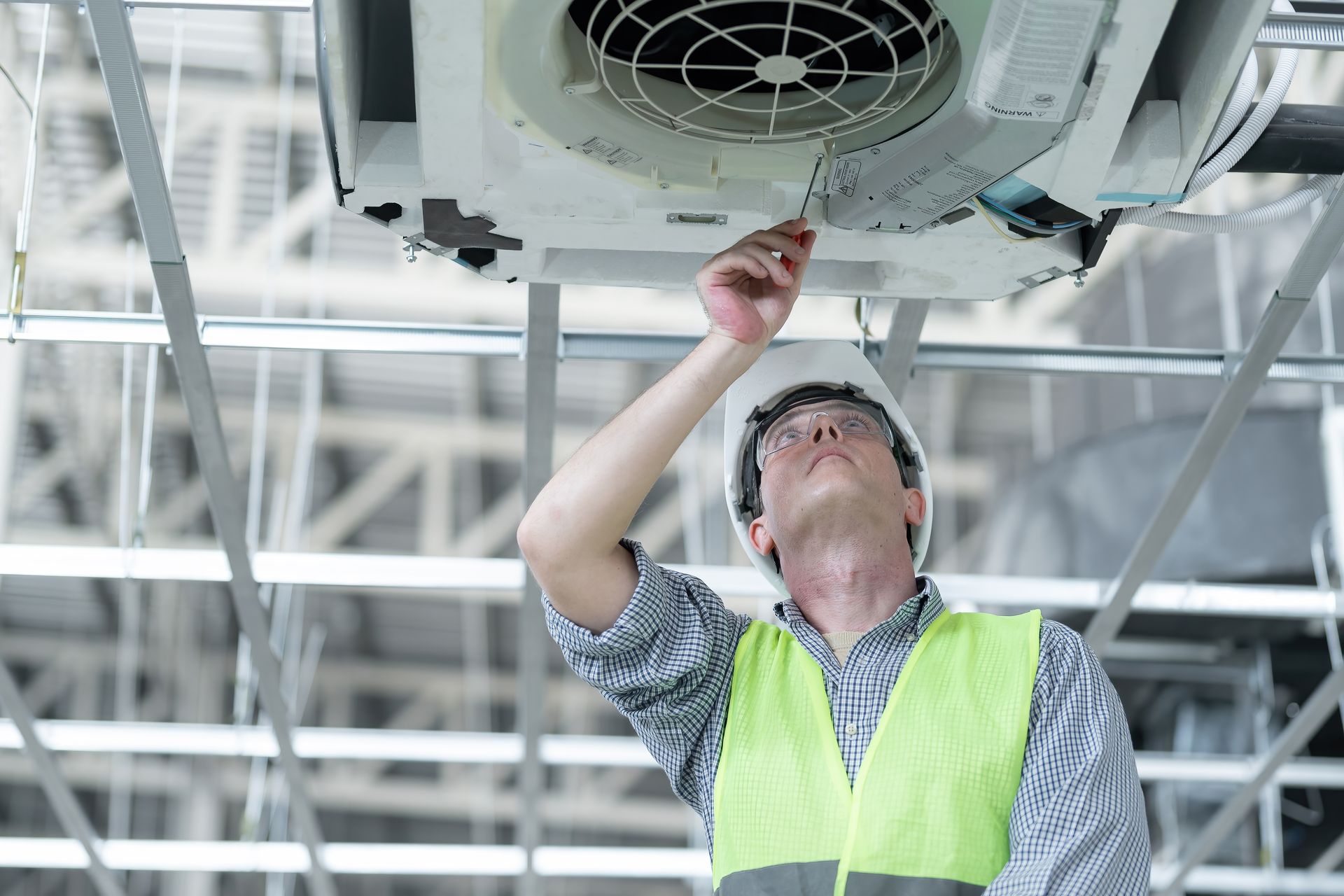What Are Some Structural Damages to Look for When It Comes to Commercial HVAC Maintenance?
Share
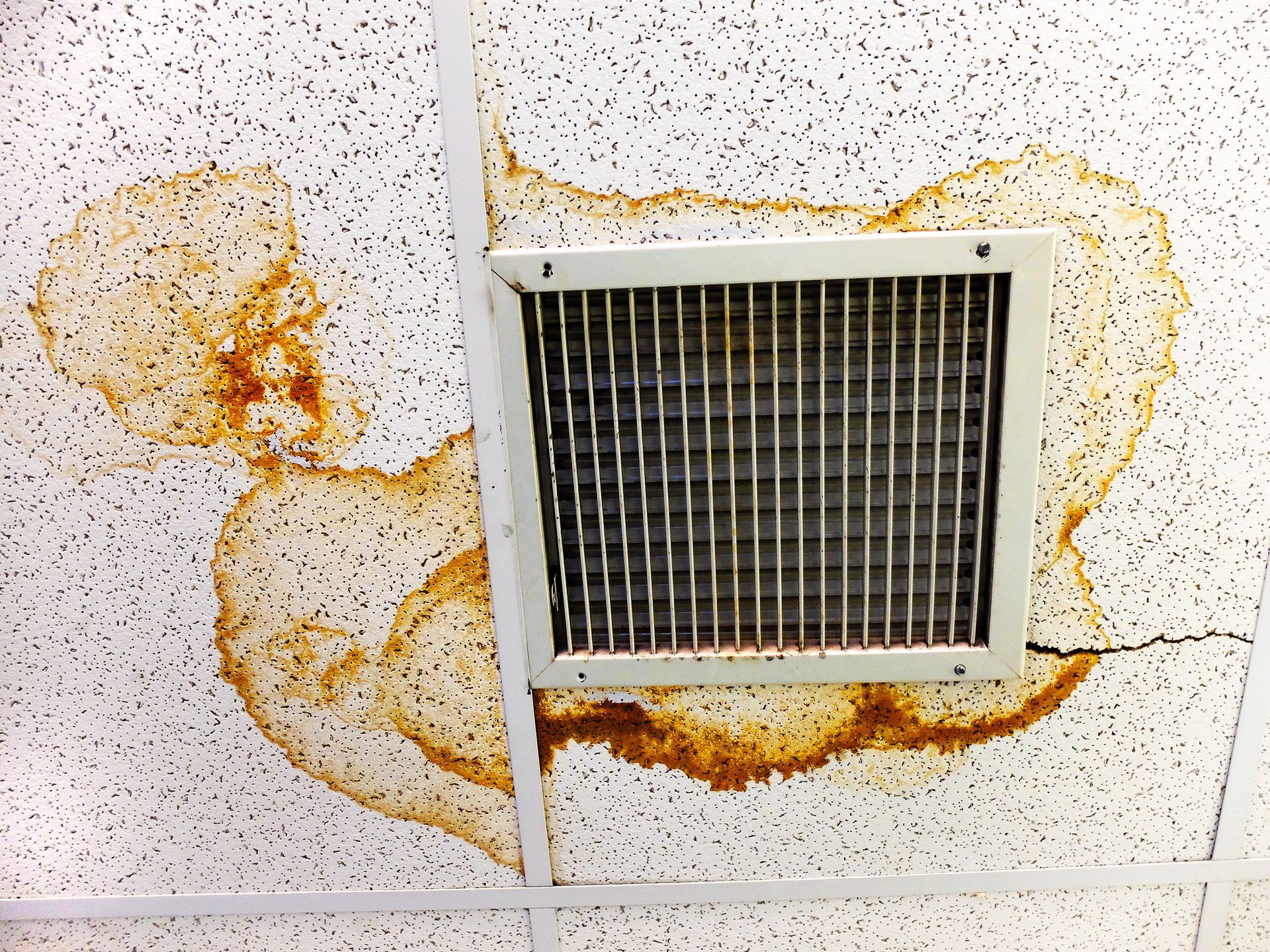
What Are Some Structural Damages to Look for When It Comes to Commercial HVAC Maintenance in Arlington, TX?
Your Arlington business’s commercial HVAC system is likely far larger and more powerful than the residential system on your home due to the larger cubic footage it’s designed to serve. Because of its complexity and heavier operational load, it’s safe to assume the system also requires more frequent and specialized maintenance than the average residential heating and cooling solution.
In fact, when it comes to commercial HVAC systems, regular maintenance is crucial for optimal performance and longevity. While many technicians focus on mechanical components during maintenance, it's equally important to pay attention to structural damages that can impact the system’s efficiency and functionality. By scheduling regular commercial HVAC maintenance, you can help keep your commercial HVAC system in excellent working condition and address any structural damage that may compromise its efficiency and functionality.
Ductwork Damage
One of the primary structural elements of a commercial HVAC system is the ductwork. Damaged ducts can lead to air leaks, inefficient airflow and poor indoor air quality. During maintenance, technicians should inspect the ductwork for signs of leaks, loose connections, crushed or collapsed sections and damaged insulation. Repairing or replacing damaged ductwork ensures proper airflow distribution, improves energy efficiency and helps maintain optimal indoor air quality.
Roof Penetrations and Flashing
Roof penetrations, such as those for HVAC units, exhaust systems or vents, are vulnerable areas that can cause structural issues if not properly sealed and maintained. Improperly sealed or damaged flashing around roof penetrations can result in water leakage. Water intrusion can lead to significant damage to the HVAC unit and its components, such as electrical systems, motors, controls and insulation. Moisture can cause corrosion, rust and short circuits, compromising the unit's performance and potentially leading to costly repairs or even system failure.
What’s more, water leakage due to inadequate flashing can lead to moisture buildup within the building's structure. Excessive moisture can create an ideal environment for mold and mildew growth. Mold growth not only affects indoor air quality but can also spread to the HVAC unit, contaminating its components and ductwork. This can result in health concerns for your customers, employees and other building occupants and further damage the HVAC system.
Insufficient Insulation
Insulation is critical for maintaining energy efficiency and minimizing temperature fluctuations. Inadequate or damaged insulation can result in heat gain or loss, leading to increased energy consumption and reduced HVAC system performance. During maintenance, technicians should check for damaged or missing insulation in areas such as air handlers, ductwork and piping.
Repairing or replacing insulation ensures optimal thermal efficiency, reduces energy waste and improves overall system performance.
Damaged or Obstructed Vents
Proper airflow is essential for effective HVAC operation. Damaged or obstructed supply and return vents can disrupt airflow, causing imbalances in temperature distribution and reduce system efficiency. During maintenance, technicians should inspect all vents to ensure they are not damaged or blocked by debris, furniture or other objects. Cleaning and clearing vents allow for unrestricted airflow, promoting balanced temperature distribution and maximizing system performance.
Water Leakage and Condensate Drainage Issues
Water leakage and condensate drainage problems can occur in commercial HVAC systems, particularly in humid climates like in Arlington or areas with high condensation levels. Poorly maintained condensate drain lines, clogged drain pans or damaged seals can lead to water accumulation, which can cause structural damage, mold growth and compromised indoor air quality. Your commercial HVAC maintenance service should include checking condensate drain lines, pans and seals to ensure proper drainage and prevent water damage.
Building Envelope Integrity
The building envelope, including walls, windows and doors, plays a significant role in maintaining energy efficiency and preventing outdoor elements from impacting indoor comfort. Cracks, gaps or damaged seals in the building envelope can result in air leaks, moisture intrusion and increased energy consumption. During maintenance, technicians should inspect the building envelope for any signs of damage or deterioration and recommend repairs or improvements to maintain a tightly sealed and efficient building envelope.
Are You Looking for Commercial HVAC Maintenance Services in Arlington or the Greater DFW Area?
With several decades of experience and expertise, we are the trusted choice for businesses in ensuring optimal performance and longevity of their HVAC systems.
Our team of skilled technicians is dedicated to providing thorough inspections, proactive maintenance and timely repairs to keep your HVAC system running efficiently.
Contact Tom's Commercial today and let us handle your commercial HVAC maintenance needs, so you can focus on running your business smoothly. Schedule your appointment by calling 817-857-7400.

